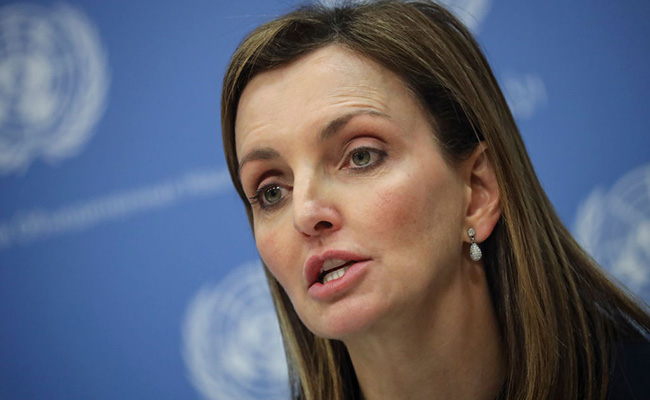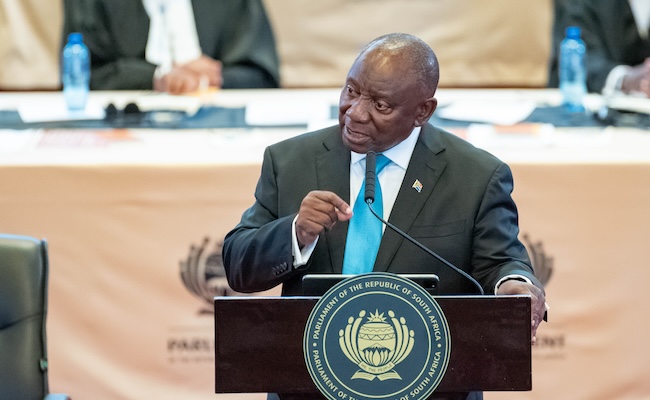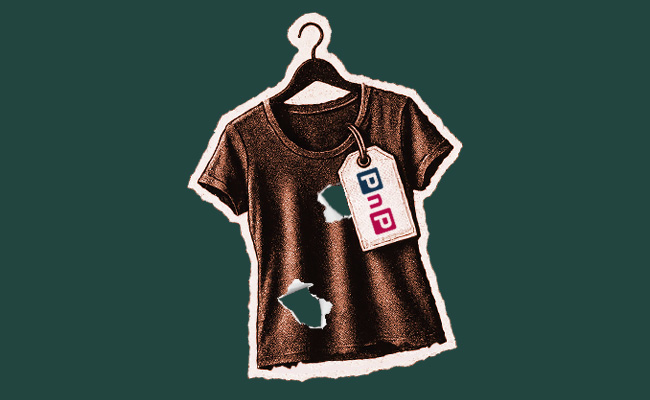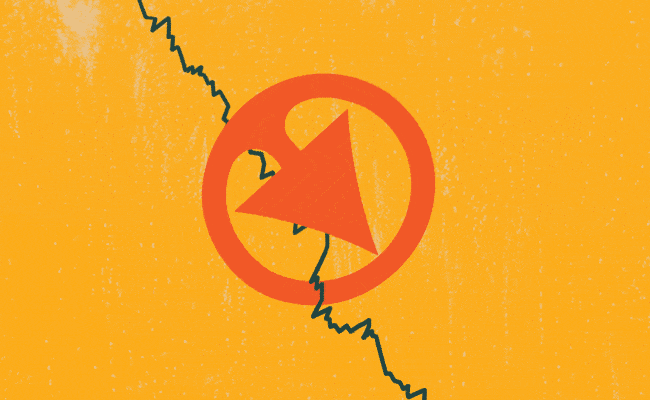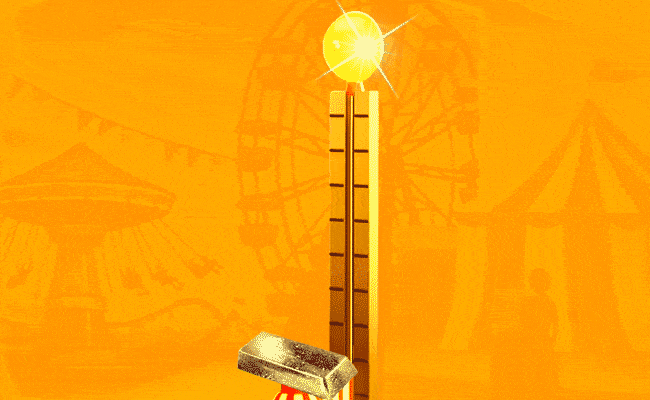South Africa’s largest stock exchange may appear as outwardly fragile as any in the world, with the universe of listed companies still anaemic, but Leila Fourie says the JSE is witnessing a turnaround that shows the tide has turned.
Fourie, who has been CEO of the exchange since 2019, can point to some auspicious evidence: the JSE’s top 40 index has had a banger of a year, up 22%, compared to the 8.4% gain in the US’s S&P 500, or even the 16% of the MSCI’s emerging markets index.
Context, of course, is everything. The South African market has been chronically outpaced in recent years, so its gain this year, while encouraging, only begins to narrow the gap.
Fourie, however, argues this is more than just the local market playing catch-up.
“South Africa is outperforming many other markets because, while there is a tailwind from gains in commodities like gold, our stocks are screening well in a global context,” she tells Currency. “So, as much as we’re now seeing local investors leaning in to this story, we’re also seeing interest taking hold with international investors too.”
The resurgence in interest is also due to two other factors, however: one is the expectation that the coalition government will be the catalyst for an era of higher growth in the country; and the second is that Donald Trump’s policies, particularly tariffs, have weakened the US dollar and seen investor interest cool.
As far as South Africa’s GDP growth goes, President Cyril Ramaphosa’s excitable promises of 3% growth seem a world away still. Fourie concedes as much.
“We’ve seen a rotation out of the US towards emerging-market democracies, and if South Africa can begin to deliver on its promises of growth, it can capitalise on this. The country has shown it is credible when it comes to managing the fiscus and its monetary policy is solid – but we do need growth.”
In a more tangible sense, the JSE has benefited from the fact that South Africa’s weighting in the FTSE emerging markets index had risen from 3.16% to 3.57% by the end of June. This means South Africa has benefited from a greater share of passive exchange traded funds buying into emerging markets.
CPR for exchanges
Which all sounds promising. But are these shifts enough to eradicate the pessimism around the prospects for stock exchanges in general, and the JSE specifically?
This pessimism is in no short supply, leading some to declare that public stock exchanges are effectively dead. Last year, JPMorgan Chase CEO Jamie Dimon wrote: “I fear we may be driving companies from the public markets” through red tape. And in the JSE’s annual report last year, chair Phuthuma Nhleko said stock exchanges operate in an environment “currently not conducive to initial public offerings”.
On the ground, it’s a shift that has been discernible too.
Writing on this platform earlier this week, former banker and seasoned executive Paul Miller lamented that the JSE is no longer the centre of high finance it once was.
“The capital raises, the equity analysis, the M&A advisory work, the corporate lawyering, the structuring, the hedging, the commodity desks – what makes a financial centre a financial centre – now happen elsewhere,” he wrote. “The JSE is still a listing venue, but all too often a secondary one.”
The number of listings on the JSE has more than halved since the turn of the century, from more than 600 to 278. It’s a trajectory underscored by the fact that for the past 15 years, since the financial crisis in 2008, interest rates have been rock bottom, allowing companies to raise cheap funding elsewhere.
Fourie argues, however, that the era of cheap debt has ended, which is resuscitating stock exchanges across the world. “There has always been a cyclicality to the ebb and flow of private and public companies. But the time of cheap finance, when it was cheaper to raise debt than equity, is changing. And that’s why listed markets are showing a turnaround,” she says.
Conversely, private equity firms, which raised cheap money during the time of quantitative easing, are finding it harder to make the economics work with interest rates at higher levels. Companies like gambling company Peermont, Consol Glass and Alexander Forbes were taken private by private equity firms, but some have returned to the JSE.
Fourie says this doesn’t mean private equity has dried up; it’s just that the economics have changed. “Private equity is here to stay, that’s for sure, but what we see is a reversion to a situation of public capital formation through exchanges which, historically, has been the backbone of many large-scale companies,” she says.
Helpfully, she can point to number of listings on the JSE. Last year, eight companies listed, and there is still momentum, underscored by the listing three weeks ago of Shuka Minerals.
In the next few months, ASP Isotopes, French television network Canal+, mobile phone operator Cell C and private security company Fidelity are all set to list, while imminent secondary listings include that of uranium developer Neo Energy and exploration company Marula Mining. The big fish will be Coca-Cola’s African bottling company, which was meant to list on the JSE years ago and hasn’t – but it seems a matter of time before this happens.
Leading indicator
Perhaps a leading indicator of the health of the market is the finances of the JSE itself. The exchange reported its half-year earnings this week, revealing a 13.2% rise in after-tax profit of R557.8m. Its revenue from equity trading, in particular, rose 28% to R272m.
It was an impressive result, and something which Fourie attributes, in part, to the new allure of the South African market for foreign investors.
“Our average daily trading volumes have increased 27% this year to around R26.8bn per day. This is the continuation of a trend we have seen [since] the formation of the government of national unity in July last year. This suggests it’s not a short-term blip, but rather something has changed fundamentally,” she says.
The JSE itself has reaped the benefit of that momentum, with its share price up 30% over the past year. Given the doom-mongering about public markets, much of it entirely justified, this is a counterintuitive move in the share price.
The question is, can this continue, and does this speak to a wider resurgence of faith in South Africa’s exchange?
Fourie argues yes. Sceptics, however, will want to see a revival in M&A teams flocking through hotels in Sandton, as well as a new breed of hedge fund manager and investment banker packing out the bars in the financial district.
Top image: JSE CEO Leila Fourie. Picture: Drew Angerer/Getty Images.
Sign up to Currency’s weekly newsletters to receive your own bulletin of weekday news and weekend treats. Register here.


